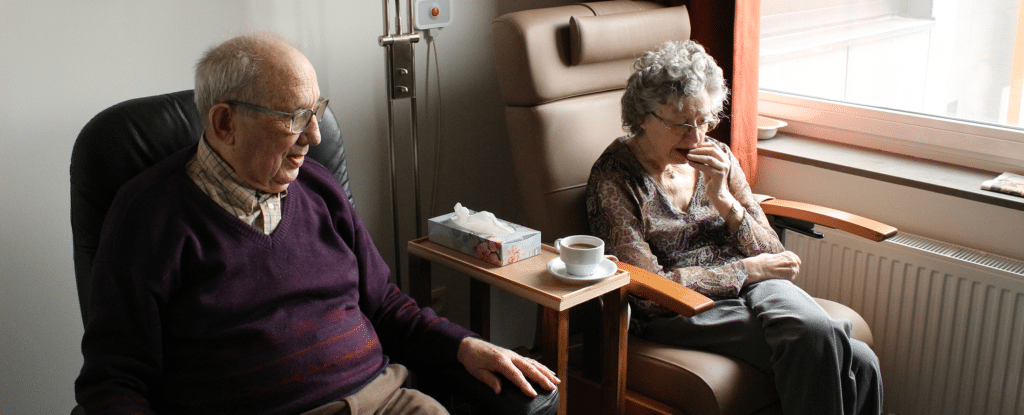
Sticking to treatment
Our behavioral research uncovered ten reasons why elderly patients fail to adhere to a regime of prescribed supplements – and proposed ways to turn things around.
Read more
Life saving solutions don’t have to be complicated
Failing to take medicine or follow treatment prescribed by a doctor is one of the leading causes of preventable illness and death worldwide. It also results in additional costs for healthcare systems. The reasons for ‘non-adherence’ are many, complex and often interconnected, but generally they’re traceable to psychological and environmental triggers. But what’s the best way to unravel this tangle of concerns to stimulate adherence?

Creating effective vaccines, medicines, and treatments is not enough. Doctors also need to motivate, support, and nudge patients to actually follow these treatments.

The World Health Organization has called non-adherence a “massive, world-wide problem” that is worsening every year. A study found that in the US alone, non-adherence contributed to 120,000 deaths and cost the healthcare system 200 billion dollars.
Doctors, governments, and medical companies are faced with the reality that creating effective vaccines, medicines, and treatments is not enough. They also need to motivate, support, and nudge patients to actually follow these treatments.
This is by no means simple: researchers recently conducted a meta-review of the literature and found no fewer than 771 factors influencing medication adherence, ranging from health beliefs and cognitive function to personal motivation issues and social environment effects.
Improving patient adherence requires additional solutions and knowledge, as well as a different mindset.
We have successfully completed numerous projects in which we studied a specific patient group and introduced new solutions to remedy their adherence challenges. This has resulted in a large toolbox of possible solutions: from improved instructions and memory-aids to personal motivation tools and social support systems.
We always work and co-create as much as possible with the stakeholders who will implement the solutions, such as doctors and other healthcare professionals. Throughout projects, we use our adherence framework to analyze the current situation, frame discussions with the client and stakeholders, and create effective new solutions.

Our behavioral research uncovered ten reasons why elderly patients fail to adhere to a regime of prescribed supplements – and proposed ways to turn things around.
Read more

People with the metabolic condition PKU need to follow a strict diet and treatment their entire lives. We researched their needs and found new ways to motivate and support them in this challenge.
Read more